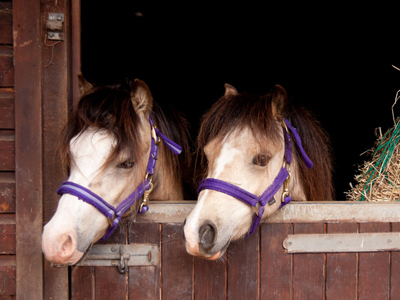
Anita and Me - Illustrating and Supporting Points
This GCSE English Literature quiz looks at illustrating and supporting points in Meera Syal's Anita and Me. One of the most important skills to learn for writing English literature essays is how to provide evidence in support of your argument and the points you make. You can provide this evidence either by making specific reference to moments in the text, or by using direct quotations. Offering evidence to back up your argument is how you make your writing persuasive. By quoting or paraphrasing, you also demonstrate how well you understand the text. These essential skills are certainly not easy to master, however! As ever, you can improve with practice. In addition to selecting the most effective evidence, you will also need to pay attention to detail, grammar and punctuation. By taking this challenging quiz, you will be able to practise these important literary skills. See whether you can identify the answers which have managed to use evidence correctly. When using these skills in essay writing, don’t forget to follow up with explanation and analysis, too!
How to use evidence to support a point:
There are three methods of using evidence from a text: paraphrasing, quoting single words or short phrases, and quoting longer sections of text. Mastering each of these methods will take some practice. One of the easiest ways to use evidence from a text is to paraphrase, which allows you to use your own words to describe or rephrase a part of the text and is thus especially useful for closed-book exams. Paraphrasing is an essential skill for all kinds of writing; it is easy to forget that it also demonstrates your knowledge of the text.
Quoting individual words or short phrases from the text is another method of providing evidence in support of a point. You can really impress by memorising some short, relevant quotations. "Relevant" is the key word here, however: when you use these short quotations, be sure they relate to your point. This method is particularly effective for times when you wish to discuss the details of language choice. It will take some practice to incorporate quotations well, which includes making sentences grammatically correct. As you improve this skill, you can consider combining methods. Your writing will become more flexible when you can mix paraphrase with short quotations in the same sentence. By using a combination of methods, you can avoid writing awkward sentences cluttered with multiple quotations.
The final method is to quote a full sentence or more. Sometimes quoting a short phrase does not make sense in the way that you wish. At other times it can be difficult to include a quotation grammatically and, in these cases, this might be the best method to use. It is a good choice to quote longer passages when you would like to write about a quotation in close detail.
One useful tip for writing well is to avoid quoting single, ordinary words in the hopes of proving that you have read the text. This tactic really only demonstrates that a word has been copied from one place to another. Occasionally, a perfectly ordinary word might be used in a significant way, in which case it is good to quote the word. With the exception of a single, ordinary word being used in an ordinary way, all exact phrases or sentences from the text should be enclosed in quotation marks.
Try this quiz on the best way to use evidence from Anita and Me. The aim of this quiz is to test your ability to quote and to paraphrase; your knowledge of the text is not being tested here. One helpful tip is that it might be easier to eliminate the incorrect answers first!
Ready for more?
not all...
quizzers. Try to win a coveted spot on our Hall of Fame Page.







